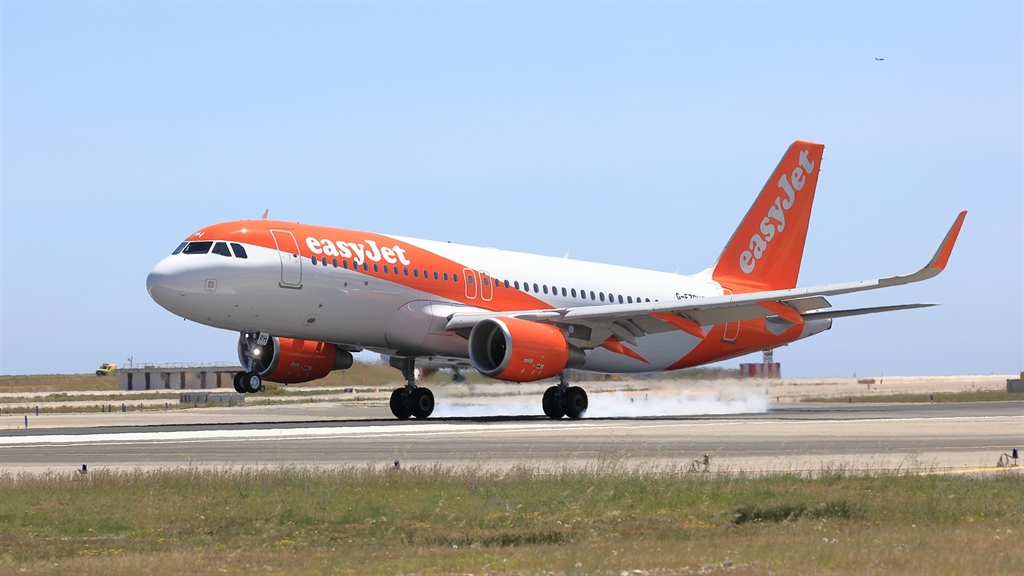London, UK, 2020-Sep-22 — /Travel PR News/ — easyJet welcomes the unveiling by its partner Airbus of three new zero-emission, hydrogen fuelled commercial aircraft concepts, the first of which could be launched from 2035.
In 2019 easyJet and Airbus announced a joint research project on hybrid and electric aircraft in order to further the industry’s understanding of the operational and infrastructure opportunities and challenge of the next generation of aircraft. Work continues with Airbus on three work packages to set and define the impacts and requirements necessary for the large-scale introduction of next generation sustainable aircraft on infrastructure and operations.
Johan Lundgren, CEO of easyJet commented on the plans unveiled by Airbus today (SEPTEMBER / 21 2020):
“We are excited to see the unveiling by Airbus of its new aircraft concepts today – all zero-emission planes using hydrogen as fuel. easyJet remains absolutely committed to more sustainable flying and we know that technology is where the answer lies for the industry. We are committed to collaborating on the development of these new technologies – as demonstrated by our partnership with Airbus – with the aim of being an early adopter when they come to market.
“It is testament to the innovation and drive of this industry that, despite the pandemic and the immense impact it has had on the industry, technological breakthroughs continue to come.
“One thing is for certain – confidence in the power of disruptive technologies such as electric and hydrogen to reinvent aviation is gaining momentum and this promises to be particularly interesting for airlines such as easyJet with an average 1,100km sector length.
“It is this sort of technological step change which is so crucial and easyJet is supporting its development.”
Several recent studies have shown how hydrogen combustion and hydrogen fuel cell-powered technology could play a significant role in future aviation propulsion technology mix. Recent policy announcements have supported the ramping up of hydrogen production over the coming decade – both at UK and EU level – to support hard-to-abate sectors such as aviation to decarbonise.
This summer has seen more technological breakthroughs including the first battery-powered all-electric, zero-emission plane certified by EASA – the Pipistrel Velis Electro, in Slovenia and the UK’s first successful test flight of a six-seater electric aircraft which took place at Cranfield Airport. Alongside its partnership with Airbus, easyJet continues to also work with US start-up Wright Electric which is working on an all-electric passenger jet.
Since last November, easyJet is the first major airline to operate carbon neutral flights across its whole network. The airline is achieving this goal by offsetting the carbon emissions from the fuel used for all of its flights. The airline sees this as an interim measure until new technology becomes available to decarbonise aviation. In the meantime, easyJet remains focused on operating its fleet as efficiently as possible using modern, fuel efficient engines which are quieter and burn less fuel. Since 2000 easyJet has reduced the carbon emissions for each kilometre flown by a passenger by over one-third (33.67%) and has a target to reach a 38% reduction by 2022.
For further information, please contact the easyJet Press Office on 01582 525252 or log onto www.easyjet.com/mediacentre
Source: easyJet
###

